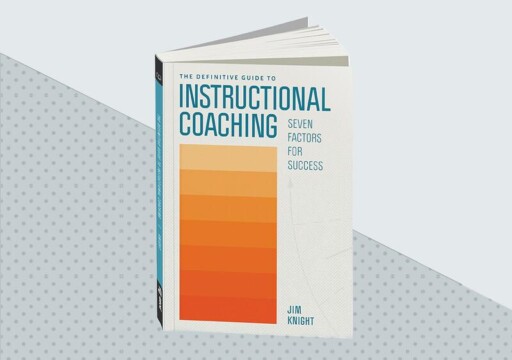Rekindle Your Connection
The journey of a relationship often begins with intense passion and deep connection, but over time, it’s common for that initial spark to dim. A lack of intimacy, whether physical or emotional, can leave partners feeling rejected, lonely, and profoundly disconnected. What was once a vibrant partnership can begin to feel more like a roommate situation, or even an acquaintance, leading to deep hurt and resentment. This isn’t just about sex; it’s about the essential threads of closeness and safety that weave two lives together. When these threads fray, the foundation of the relationship is shaken, prompting a need for focused attention and often, the guidance of a skilled par coaching professional.
The Fading Ember: Recognizing the Disconnect
When physical and emotional closeness fades, it often signals that underlying issues have gone unaddressed, creating distance between partners. One partner might yearn for physical affection, feeling isolated by its absence, while the other might struggle to connect due to a perceived lack of emotional safety. This can lead to a vicious cycle where each person focuses on what they are not receiving, rather than understanding that intimacy is fundamentally about closeness and safety. Over time, couples may lose touch with the individual who sleeps next to them, forgetting their unique narratives and changing selves. Without deliberate effort to bridge this gap, the sense of security and mutual understanding diminishes, replaced by insecurity, suspicion, and a general emotional distance. Identifying these feelings of emotional withdrawal, the absence of daily kisses and hugs, or a significant decrease in physical contact, are crucial first steps in recognizing a crisis in the relationship.
Rekindling the Spark: Prioritizing Connection
Bringing intimacy back into a relationship requires intentional action and a renewed focus on both physical and emotional connection. Prioritizing touch is fundamental. Simple acts like holding hands, cuddling, or kissing are vital for showing care, kindness, and acceptance. Physical affection triggers the production of oxytocin, a “feel-good” hormone that fosters feelings of love, trust, and closeness, while also reducing pain and stress. Extending cuddle time, even if just for a few minutes each day, can work wonders. Equally important is prioritizing quality time. In our busy lives, it’s easy to let meaningful interactions slide. Dedicate moments to connect deeply, sharing experiences and strengthening your emotional bond. This could involve a weekly date night, a morning coffee routine, or simply turning off devices during meals to focus solely on each other. These small, consistent gestures reinforce that your partner is important to you, creating a sense of security and reducing uncertainty. Finally, openness about desires and needs is crucial. Understanding and communicating in each other’s “love language”—whether it’s words of affirmation, acts of service, receiving gifts, quality time, or physical touch—can significantly enhance emotional connection and satisfaction. Expressing gratitude for each other’s efforts, tailored to their preferred love language, fosters a positive and supportive atmosphere.
Beyond the Surface: Embracing Vulnerability for Deeper Bonds
For true intimacy to flourish, partners must be willing to embrace vulnerability. This means creating an environment where it’s safe to share fears, anxieties, and hidden aspects of oneself without judgment. Often, past painful experiences, such as criticism or neglect, can lead to emotional barriers and a reluctance to open up. Overcoming these barriers involves a brave exploration of past traumas and the reasons walls were built, gradually sharing grievances and insecurities with your partner. This journey requires honesty, empathy, and consistent communication, encouraging partners to listen to understand, rather than to respond. When direct communication is difficult, a par coaching professional can act as a “translator,” helping to clarify misunderstandings and facilitate constructive dialogue. They can provide tools and strategies to discuss difficult topics, express feelings clearly, and develop healthier relational patterns. This external support can be invaluable in systematically addressing the roots of the disconnect and guiding couples toward a more resilient relationship.
Cultivating intimacy is an ongoing process that demands patience, mutual effort, and a commitment to understanding and supporting one another. By proactively prioritizing physical touch, dedicating quality time, openly communicating desires, and bravely embracing vulnerability, couples can transform a fading connection into a deeply fulfilling bond. Remember, just as any good gardener tends to their plants, a thriving relationship requires consistent care and nurturing. With dedicated effort, perhaps guided by par coaching, you can navigate challenges, deepen your understanding, and foster a love story that continues to evolve and flourish.







